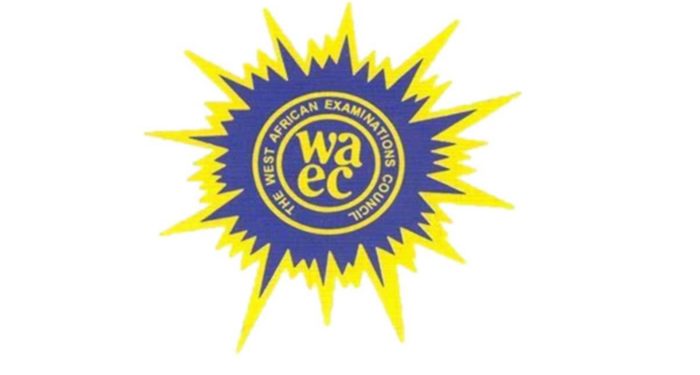The West African Examinations Council (WAEC) has rolled out key infrastructure and facility requirements that schools across Nigeria must meet as the West African Senior School Certificate Examination (WASSCE) transitions fully to computer-based testing (CBT) by 2026.
Speaking at a sensitisation programme in Port Harcourt on Thursday, WAEC’s Head of Examinations, Mr. Lucky Njoagwuani, said the shift would revolutionise the conduct of exams, cut logistics costs, improve security, and expand accessibility for candidates.
Mandatory Requirements for Schools
Under the new policy, schools hosting the exams must provide:
At least 250 functional laptops with an additional 10% backup.
A robust computer server capable of supporting 250 systems at the same time.
A Local Area Network (LAN) setup.
Uninterrupted electricity supply, supported by a backup generator of at least 40kVA capacity.
Functional air conditioners and adequate lighting.
CCTV cameras for monitoring.
A holding room or reception area for candidates before exams begin.
Njoagwuani noted that WAEC had already tested the model with its private candidates.
“We started with the fourth series of our private candidate exam about two years ago, and it was successful. This year’s private candidate exam, second series, is fully computer-based with no option for pen and paper. Invariably, next year’s school candidate exam will be fully computer-based as well,” he explained.
The Port Harcourt Zonal Coordinator of WAEC, Mr. Adeniran-Amusan Akim, urged schools to immediately begin upgrading their ICT centres in line with the council’s standards, warning that non-compliant schools would be assigned to designated CBT centres.
“WAEC will not lower the standards. Any school that wants to host the exams within its premises must provide the required equipment and infrastructure,” Akim stressed.
Recognising the financial burden of the transition, Mr. Sunday Jaja, Chairman of the National Association of Proprietors of Private Schools (NAPPS) in Rivers State, advised school owners to tap into available funding opportunities from the Bank of Industry (BOI) and the Federal Government’s MSME intervention fund.
“Technology is playing a vital role in modern education. This initiative will enable schools to stay abreast of current trends and prepare students for the digital age,” Jaja said.
The sensitisation programme was jointly organised by Teadro Systems Ltd, NAPPS, and partners including the Bank of Industry, HP, Lenovo, and Canon. The event also featured a raffle draw, through which schools received donations of ICT equipment such as computers, tablets, and printers.










